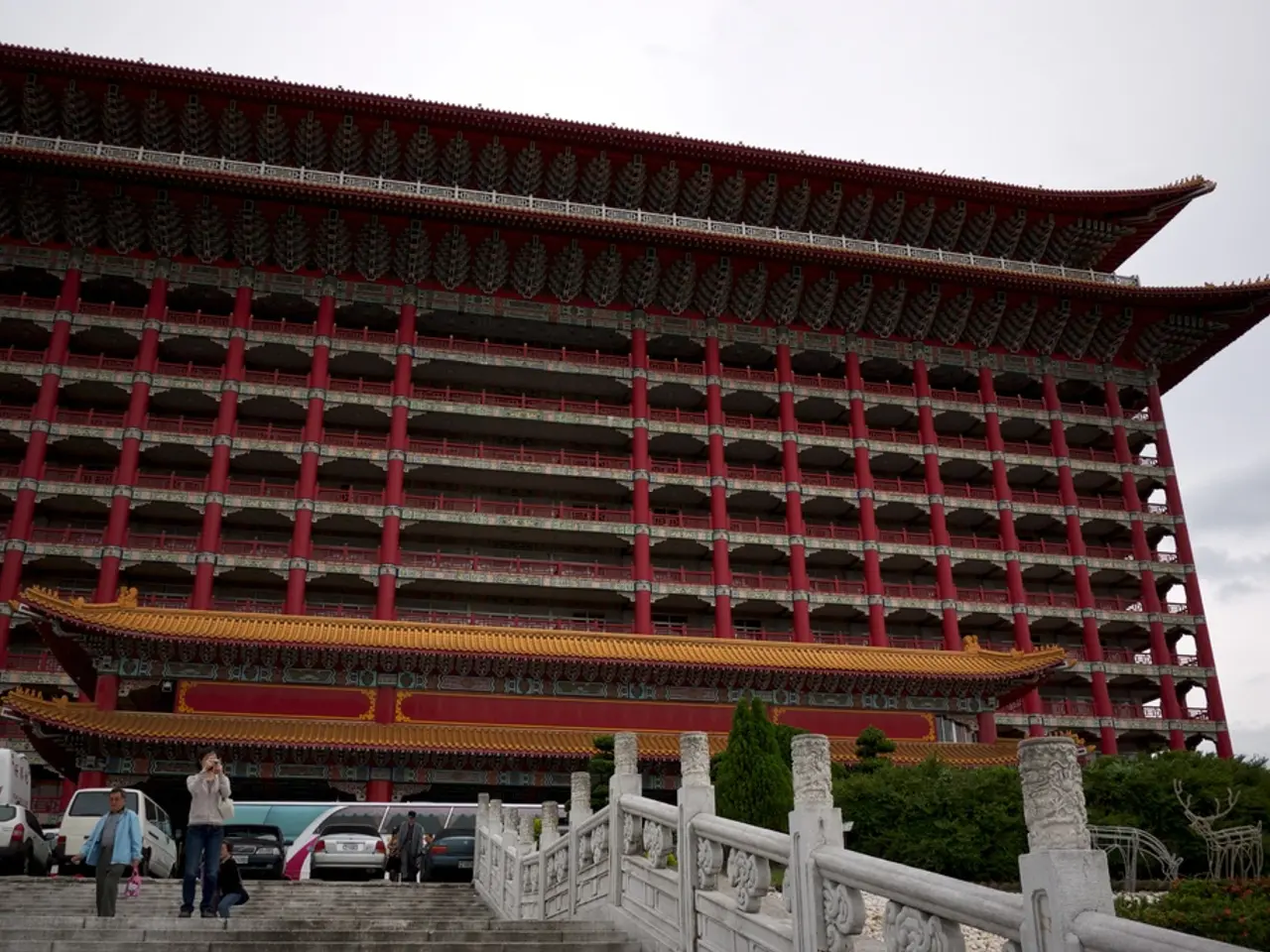Japan's National Holidays: Celebrating Mountain Day
Mountain Day: Japan's Holiday Dedicated to Appreciating Mountains
Japan's Mountain Day (山の日, Yama no Hi) is a unique national holiday that celebrates the country's majestic mountainous landscape. Born from a grassroots movement by mountaineering enthusiasts and related organizations, Mountain Day was officially established as a national public holiday in 2016 and is celebrated annually on August 11th[1][2].
The origin of Mountain Day can be traced back to 1961 when, at a mountaineering rally at Mount Tateyama, participants declared their desire for a holiday dedicated to appreciating mountains[1]. Over the decades, local Mountain Day events took place in various prefectures like Yamanashi, Hiroshima, Osaka, Gifu, and Gunma before national recognition was achieved after persistent campaigning and petitioning in the early 2010s[1].
The date of Mountain Day was suggested because the kanji for eight (八) resembles a mountain shape, and the number 11 looks like a pair of tall trees[2][3]. August 11 was chosen because it had no existing holidays, and it coincides with the popular summer vacation season and the Obon festival period, encouraging outdoor travel and mountain appreciation[2][5].
Mountains play a profound role in Japanese culture, traditionally considered sacred spaces linking heaven and earth and central to Shinto and Buddhist spirituality[1][2]. Approximately 70% of Japan's landmass consists of mountains and hilly terrain, reflecting their fundamental role in shaping the country’s history, religion, and culture[1][2].
Mountain Day promotes environmental stewardship, mental wellness, and cultural heritage. People celebrate by hiking, visiting mountain shrines and temples, participating in mountain-related festivals, or undertaking nature excursions to connect personally and communally with Japan’s majestic landscape[2].
One of the most famous mountains in Japan is Mount Fuji, an international icon that stands at a height of 3,776 meters and is registered as a UNESCO World Heritage site[6]. Mount Fuji is popular among both Japanese climbers and visitors from overseas.
Throughout August, events celebrating mountains are held nationwide in Japan. However, some stores and facilities close for both Mountain Day and Obon, so it's a good idea to check ahead before making travel plans[7]. The Act on National Holidays was amended in 2014 to officially recognize Mountain Day[4].
Mountain Day is a rare case as it was not created by government initiative but grew out of a grassroots movement[8]. Its purpose is to promote familiarity and appreciation for mountains, fostering a deeper connection with Japan's rich cultural heritage and breathtaking landscapes.
References: 1. Mountain Day (Wikipedia) 2. Mountain Day in Japan (Japan Guide) 3. The Meaning of Mountain Day (Japan Guide) 4. Act on National Holidays (Japanese Government) 5. Obon (Wikipedia) 6. Mount Fuji (UNESCO World Heritage Centre) 7. Mountain Day and Obon (Japan Guide) 8. Mountain Day: A Grassroots Movement (Japan Guide)
Photo opportunities abound during Japan's Mountain Day events, capturing lifestyles immersed in outdoor-living and home-and-garden tranquility amidst breathtaking mountainous landscapes. As part of the celebrations, participants often visit venerated mountain shrines and temples, providing unique backdrops for memorable photos.




